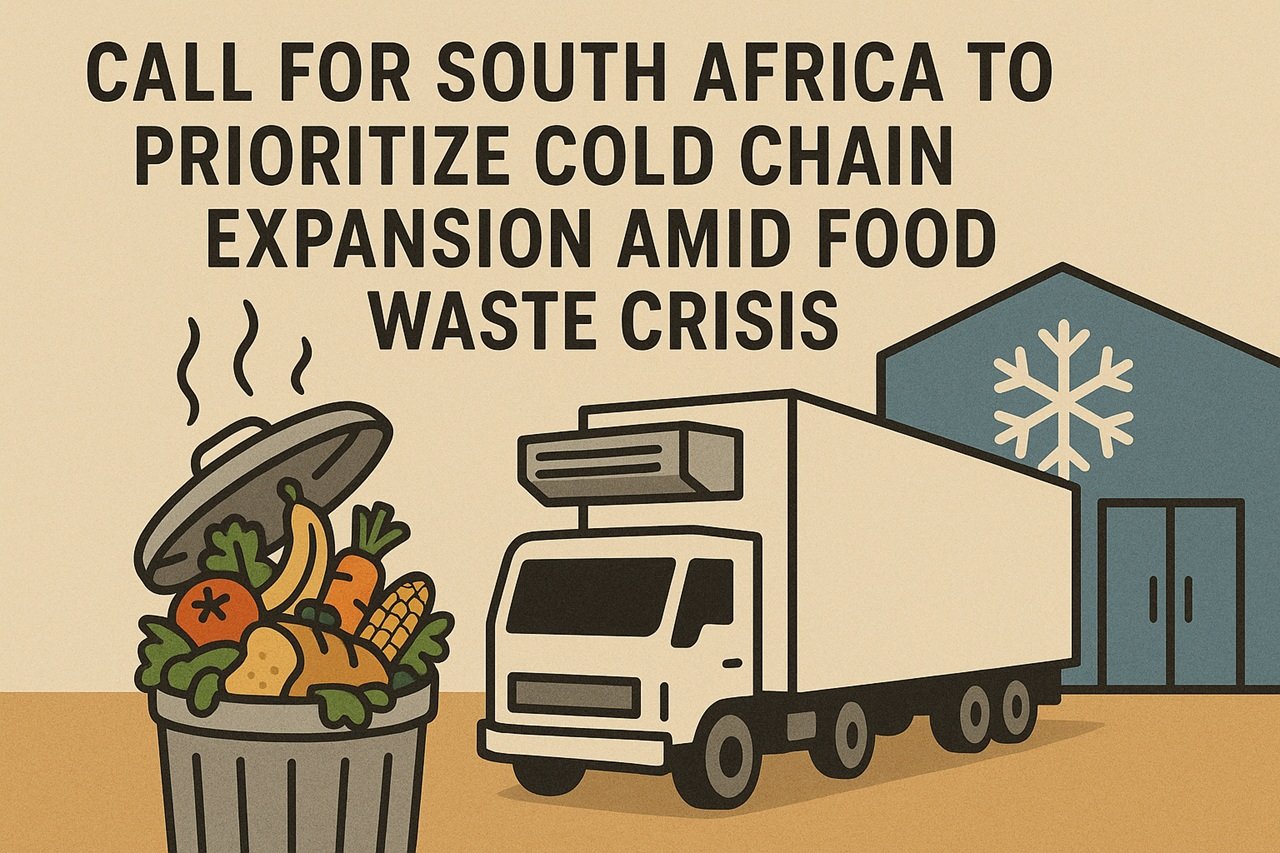Advocates emphasize that growing the national cold chain network through new facilities, advanced technologies, and specialist workforce development is essential. They point to missed opportunities in economic policy, where temperature-controlled logistics is often overlooked despite its critical role in supporting both domestic supply and international trade.
Progress in the African Continental Free Trade Agreement (AfCFTA) opens new potential for intra-African commerce. South African ports could become key transit points for temperature-sensitive food and pharmaceutical products. However, expanding cold storage and refrigerated transport capacity is seen as a prerequisite for realizing these opportunities.
Recent disruptions—such as political unrest at Komatiport Border Post, energy blackouts during load-shedding, and persistent port delays—have highlighted the vulnerability of current cold chain operations. Industry leaders argue that building additional capacity would not only reduce food loss but also provide flexibility and adaptability in times of crisis.
Private sector investments are already underway, including the new Commercial Cold Holdings (CCH) Greenbushes cold store in Gqeberha, which supports Eastern Cape fruit exports and frozen imports. However, policy support is lacking. Energy security is cited as a top concern, with calls for prioritization of electricity supply to cold storage warehouses and policy reforms to enable on-site renewable energy generation.
Further recommendations include strengthening training programs for technicians to meet current needs and prepare for future roles involving automation and AI. Industry leaders stress the importance of coordinated action between government and business to drive growth in the cold chain sector.
Paul Matthew is scheduled to host a business forum on the future of temperature-controlled logistics in Africa at the GCCA Africa Cold Chain Conference, taking place on 20–21 July in Durban.
Related tags: cold chain
